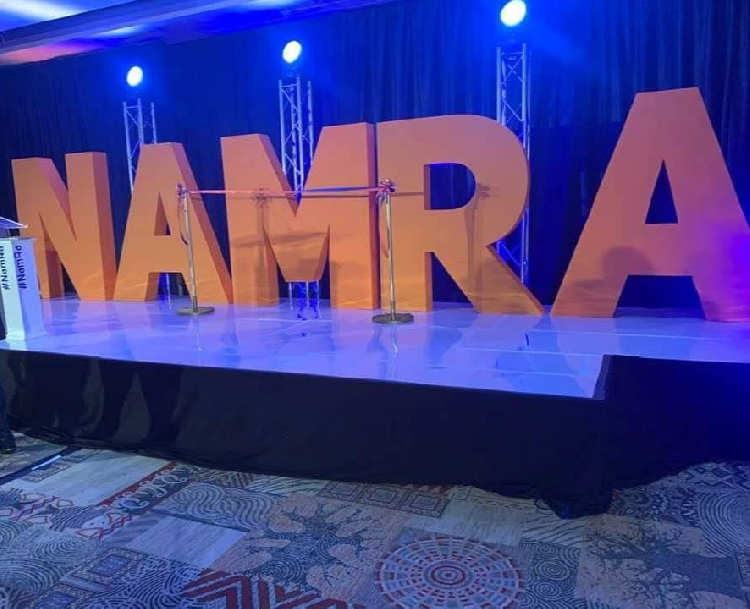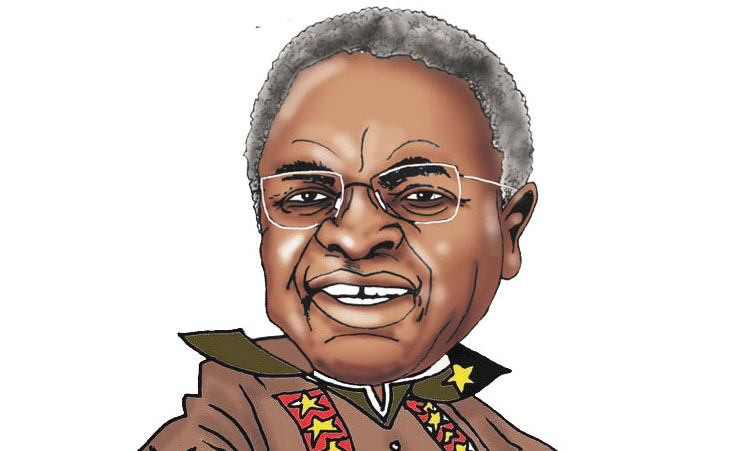THE Namibia Revenue Agency (Namra) has urged importers and exporters of goods to use the pre-clearance process by presenting the necessary declarations and supporting documents at the points of entry before the arrival of the goods.
This initiative will enable customs and excise officials to scrutinise documents timeously and only select high-risk goods for further examination or inspection to expedite the release of other goods.
In a public notice issued on 11 February by interim head customs and excise, Willbroad Poniso of Namra, it was metioned that pre-clearance procedures will be allowed at the Trans-Kalahari, Oshikango, Katima Mulilo, Ariamsvlei and Noordoewer border posts.
“Following recent consultations with stakeholders on the congestion and delays experienced at the main border posts, Namra has noted that declarations and supporting documents are only presented when the goods arrive at the border,” Poniso said, adding this has resulted in delays in the releasing of goods.
This initiative is particularly important to Namibia because these key borders are major entry and exit points along the development corridors linking the country’s multi-modal transport corridors to regional landlocked countries, and they play a vital role in boosting intra-African trade, said Namra.
The move is in line with the World Trade Organisation (WTO) trade facilitation agreement, which requires members to allow for the submission of import documentation and other information to start processing prior to the arrival of goods to facilitate the quick release of goods upon arrival.
The World Customs Organisation’s international convention on the simplification and harmonisation of customs procedures also provides that customs officials allow the lodging and registering of goods declarations and documents before the arrival of goods.
As a member of the WTO and WCO, Namibia, through Namra, provides for the pre-clearance of goods at all points of entry into the country.
This means customs officials can determine the quantity, origin, value and classification of goods and decide whether goods and documents need to be examined on arrival.
“If not, goods are released upon arrival where no risk is detected, following payment of applicable duties and taxes. Where risk is detected, goods and/or documents would be subject to a documentary check or physical examination, among others,” said Namra.
Email: matthew@namibian.com.na
Stay informed with The Namibian – your source for credible journalism. Get in-depth reporting and opinions for
only N$85 a month. Invest in journalism, invest in democracy –
Subscribe Now!










